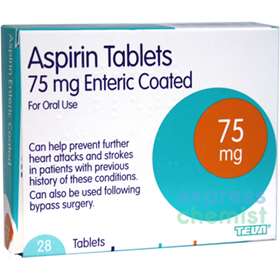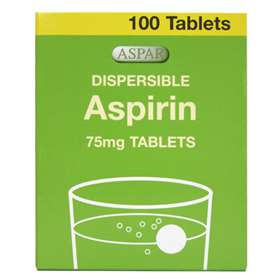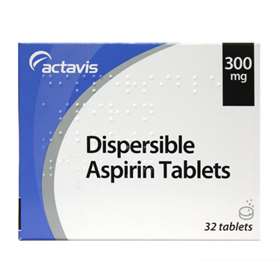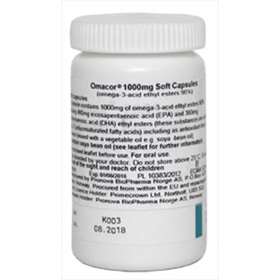
Express Chemist uses cookies to improve your shopping experience, and to help personalise the sevices we offer.
If you choose required cookies only, your shopping experience might be affected.
Allow All Cookies Required Cookies Only














